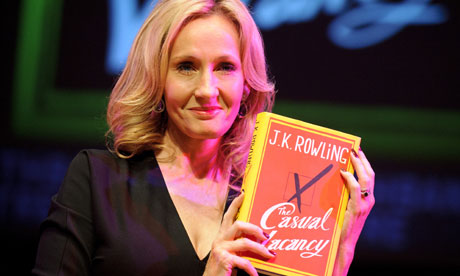One of the most
revered novelists of our time—a brilliant chronicler of Native-American
life—Louise Erdrich returns to the territory of her bestselling, Pulitzer Prize
finalist The Plague of Doves with The Round House, transporting readers to the
Ojibwe reservation in North Dakota. It is an exquisitely told story of a boy on
the cusp of manhood who seeks justice and understanding in the wake of a
terrible crime that upends and forever transforms his family. Riveting and
suspenseful, arguably the most accessible novel to date from the creator of
Love Medicine, The Beet Queen, and The Bingo Palace, Erdrich’s The Round House
is a page-turning masterpiece of literary fiction—at once a powerful
coming-of-age story, a mystery, and a tender, moving novel of family, history,
and culture.
The Round House
was the first Louis Erdrich novel I have read and I’m already looking forward to
reading more. In this novel, Erdrich examines the Ojibwe's modern-day culture,
the discrimination they face, and the conflicts and complications of their
justice system as a result of jurisdiction. Specifically, if a crime is committed
against an Ojibwe member on non-Native American soil, the crime cannot be tried
in the Ojibwe legal system. When I first heard about this novel I pegged it for
a powerful book that could expose me to a way of living with which I was not very familiar and Erdrich delivered. This is a novel that will pull at your heart strings and make you reconsider the rights and tangle of laws surrounding Native Americans.
"We want the right to prosecute criminals of all races
on all lands within our original boundaries... What i am doing now is for the
future, though it may seem small, or trivial, or boring, to you."
First and foremost, The
Round House is a coming-of-age story narrated by thirteen-year-old Joe Bazil, who
is young enough to not yet be a man but too old to be considered just a kid. We
as readers piece together and understand details of the crime and his family’s
unfolding just as he does. There is something to be said about an innocent
narrator who doesn’t deserve the reality with which he is faced and the amount
of sympathy we as readers feel.
The title of the book itself refers to a sacred meeting place, where the Ojibwe gather to
worship and hold significant gatherings. In this novel, the Round House is also
the scene of a heinous crime. (Not a spoiler – this is revealed in the first
100 pages.) The fact that sacred space saw such a horrible crime highlights the
underlying Ojibwe traditions that were violated as a result of this crime, in addition to
the Bazil family itself.
Among other things, I enjoyed that Erdich weaves details of the
traditions and stories of Ojibwe culture into the narrative. In the novel ghost expose themselves and wendigos seek to possess humans. Erdich
also emphasizes the tremendous support extended families provide for one
another in this culture. All in all, this is a story about injustices and how a
family pulls together in the wake of tragedy. It’s a story of redemption and
speaks to the prejudice many Native American women face across our nation. If
you do read this novel, and I recommend that you do, be sure to read the afterward;
it details sobering statistics that I think would be considered spoilers if I
included them here.
Publisher: Harper, 2012




